Adultery has been a source of great scandal and intrigue in literature since the dawn of time. From ancient Greek tragedies to modern-day novels, infidelity has been a major theme in the works of some of the world's most iconic authors. Through these texts, we can examine the various aspects of adultery, from its transgressive nature to the implications it has on readers.
In this article, InfidelityHub will take a look at some of the most famous cases of adultery in literature and explore the impact of infidelity on stories.
Adultery has been a source of fascination since the days of Homer’s Odyssey, when Homer describes a powerful and beautiful Helen of Troy succumbing to the charms of Paris and embarking on an adulterous affair.
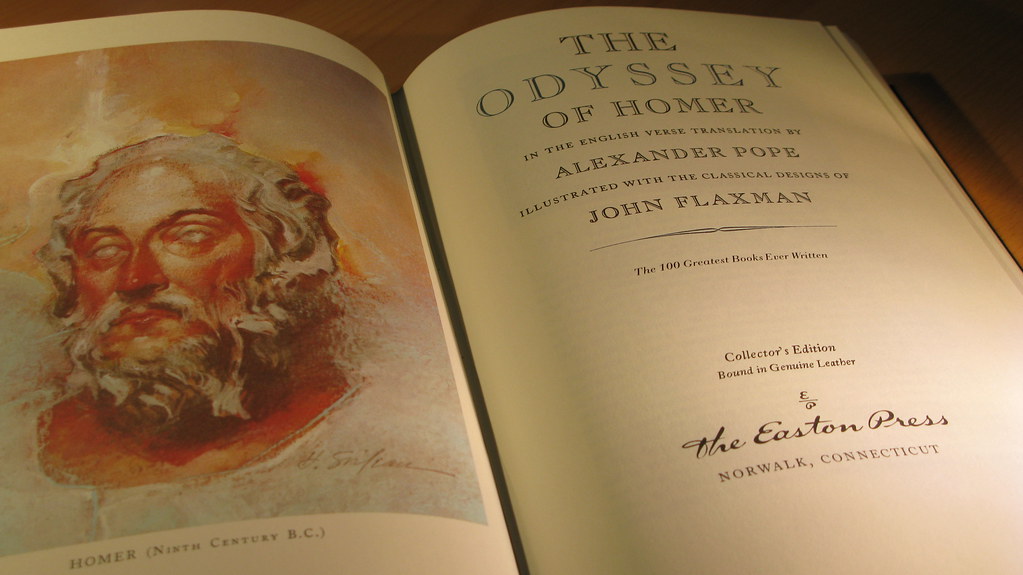
This scandalous act of infidelity has been explored in literature since then, with each author adding their own unique take on the subject.
While the act itself has been around for centuries, modern literature has brought forth a new perspective, one that places more emphasis on the emotional impact of adultery.
Though infidelity in literature has been around for generations, it is only recently that its complexity has begun to be explored. Authors such as F. Scott Fitzgerald, Gustave Flaubert, and Vladimir Nabokov have all used adultery as a way of exploring the delicate relationship between human desire and morality. By examining the works of these authors, we can gain a deeper understanding of how adultery is portrayed in literature.
Adultery is not only a theme in novels, but also in poetry. From Alfred Lord Tennyson's “Mariana” to W.B. Yeats' “Leda and the Swan”, poets have tackled the idea of infidelity in beautiful and powerful ways.
These poems are powerful reflections of the act itself, as well as the emotions and consequences that come along with it. We will examine these works and look at how they convey the gravity of the situation.
Finally, we will explore the transgressive nature of adultery in literature.
We will look at how authors use adultery to push boundaries and address moral issues in their works.
We will also discuss the various implications of infidelity on readers, and how it can evoke feelings of sympathy, empathy, and outrage.
In this article, we will explore the most iconic examples of texts related to the topic of infidelity in literature. From Shakespeare's Lady Macbeth to Allen Ginsberg's “Junkman's Obbligato”, we will examine how adultery has been portrayed in both poetry and prose.
We will also explore the transgressive nature of adultery, and its implications on readers. So let's get started by examining some of the most famous cases of adultery in literature.
Famous Adulterous Characters
Throughout literary history, adultery has been a potent theme in many of the works of the greatest authors.
From Shakespeare to Tolstoy and Hawthorne, several iconic characters have been created whose torrid affairs are explored in detail. Let's examine some of the most famous adulterous characters in literature.
Lady Macbeth is perhaps one of the most infamous characters to have ever been written. In Shakespeare's Macbeth, her thirst for power drives her husband to commit heinous acts, including multiple murders.
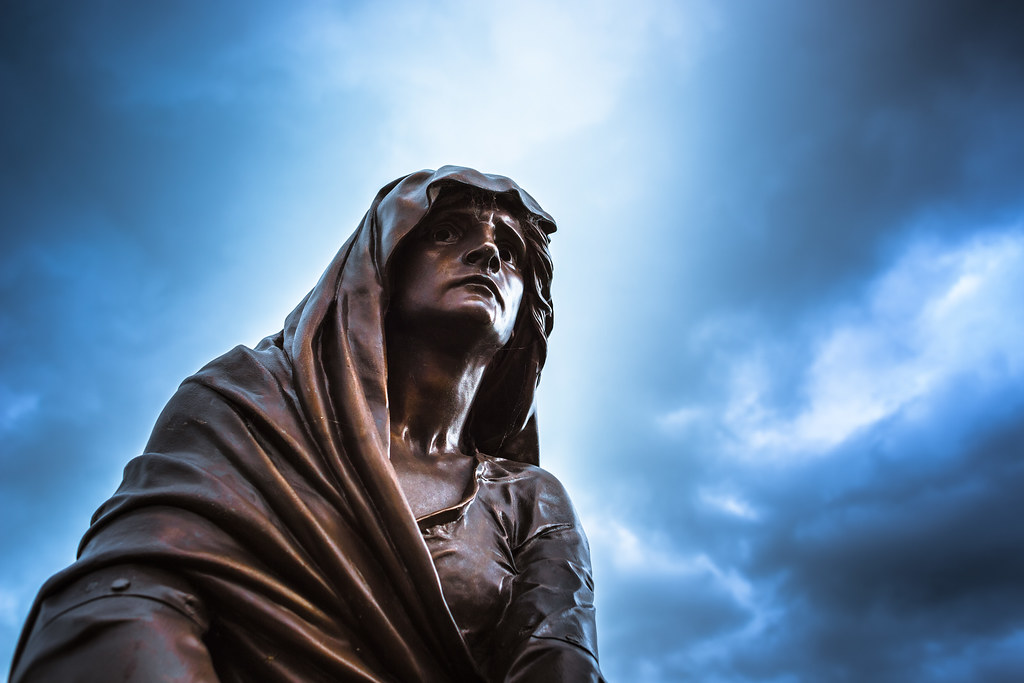
Lady Macbeth urges her husband to remain faithful to her by killing anyone who stands in their way. She is a perfect example of a woman who uses her sexual prowess to manipulate men and gain power.
Another iconic case of adultery in literature is that of Anna Karenina. In Leo Tolstoy's epic novel, Anna Karenina is driven to an extramarital affair with Count Vronsky. Despite her love for her husband and son, she is unable to resist the allure of Vronsky’s passionate advances.
The consequences of her adultery lead to an eventual tragic demise, making her one of the most famous adulterous characters in all of literature.
The Scarlet Letter, by Nathaniel Hawthorne, is also a cautionary tale about the consequences of infidelity. The novel follows the story of Hester Prynne, a woman who commits adultery and is forced to wear a scarlet letter “A” for the rest of her life. Not only is she shamed by her community, but she also has to live with the guilt of her actions, which has a profound effect on her personality and behavior. Hester's story serves as a powerful reminder of the consequences of adultery in literature.
These famous characters offer a glimpse into the complexity of adultery in literature. While their stories often have tragic endings, they also demonstrate the power of love and passion, no matter what the cost may be. Adultery is a complex issue, and the exploration of it in literature offers insight into the human condition and the consequences of our actions.
Adultery in Poetry
Poetry has long been used as a medium to explore the subject of adultery. Through haunting imagery and stirring words, poets have been able to weave together stories that delve into the most intimate pains and joys of infidelity.
Here, we explore some of the most iconic examples of adultery in poetry.
Alfred Lord Tennyson’s two poems “Mariana” and “The Lady of Shalott” both explore the theme of adultery from different perspectives. In “Mariana”, we witness the melancholic story of a woman abandoned by her lover. With her desolate environment acting as a reflection of her internal despair, Mariana is left to pick up the pieces of her broken heart.
“The Lady of Shalott” takes us on a different journey, allowing us to observe the consequences of infidelity from a distance. Despite never seeing her lover's face, the Lady of Shalott is her own victim of adultery.
W.B. Yeats’ poem “Leda and the Swan” is a striking example of how adultery can be used to explore mythological themes.
Combining the story of Zeus seducing Leda with the imagery of a swan, the poem is a vivid illustration of the power of infidelity. Likewise, Allen Ginsberg’s poem “Junkman’s Obbligato” is an equally compelling work. Here, we find ourselves standing in the shoes of the adulterous protagonist as his guilt and shame pour out in a language of raw emotion.
The many works of poetry that explore the subject of adultery demonstrate its timelessness. Though the context of the stories may change, the ache of betrayal and the struggle for redemption remain constant. By presenting us with these stories of strife and emotional turmoil, poets are able to shed light on the complexities of our relationships with one another.
Adultery in Modern Literature
In modern literature, authors have explored the concept of adultery in a variety of ways. Perhaps one of the most well-known works is Gustave Flaubert's Madame Bovary.
The novel tells the story of Emma Bovary, a woman who is married to Charles Bovary but is unsatisfied with the mundane life he provides.
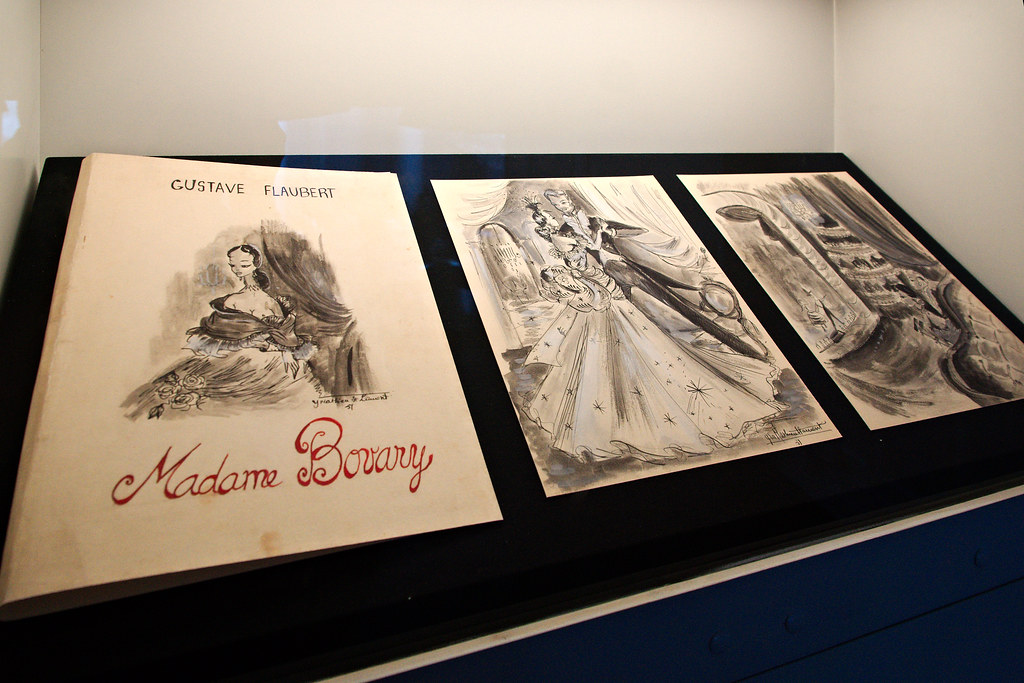
She seeks out numerous affairs in an effort to find happiness and satisfaction, but ultimately fails in her endeavor. Through Emma, Flaubert paints a vivid picture of a woman whose infidelity leads to tragedy.
F. Scott Fitzgerald's classic The Great Gatsby is also a story of adultery. The title character, Jay Gatsby, is in love with Daisy Buchanan, who is married to Tom. Even though Gatsby is aware of Daisy's marriage, he still pursues her in hopes of winning her heart. His pursuit of Daisy ultimately leads to tragedy when Daisy's husband discovers the affair.
Vladimir Nabokov's Lolita is another well-known novel which explores the concept of adultery. In the novel, the character Humbert Humbert is obsessed with the young girl Dolores Haze, or Lolita.
Though she is barely in her teens, Humbert still engages in a sexual affair with her, with disastrous consequences.
The above novels all explore the transgressive nature of adultery and the consequences of its pursuit. From Flaubert's Madame Bovary to Nabokov's Lolita, these novels serve as cautionary tales which warn of the dangers of infidelity.
Adultery in modern literature is often depicted as a tragic pursuit.
Characters who engage in affairs rarely find the happiness they seek, and instead often suffer from guilt, shame, and regret.
This theme is explored in countless works of literature, from Fitzgerald's The Great Gatsby to Nabokov's Lolita.
Even though the characters may not be aware of the consequences, readers will be able to understand the moral implications of adultery.
Adultery in modern literature can be seen as a commentary on the human condition. Authors often use examples of infidelity to explore the themes of love, guilt, and regret. By exploring these themes, authors are able to create a powerful and complex narrative which will stay with the reader long after they have finished the book.
Transgressive Nature of Adultery
Adultery in literature can take on different forms and have a wide range of connotations. At its core, however, it always carries a sense of transgression. This transgression is expressed in different ways depending on the text and its characters. In some cases, adultery is seen as an act of revenge, while in others, it can be portrayed as a liberating act.
Regardless of its perceived nature, adultery in literature is always associated with a sense of transgression.
One of the most iconic examples of adultery in literature is Lady Macbeth from Shakespeare’s tragedy Macbeth. She is portrayed as a woman who seeks revenge against her husband’s enemy.
Lady Macbeth's adultery is an act of defiance and an attempt to reclaim her autonomy and power in a world dominated by men. In this case, adultery is portrayed as an act of transgression against a society that only sees women as passive and obedient.
In Tolstoy’s classic novel, Anna Karenina, adultery is used to explore the consequences of two conflicting social conventions.
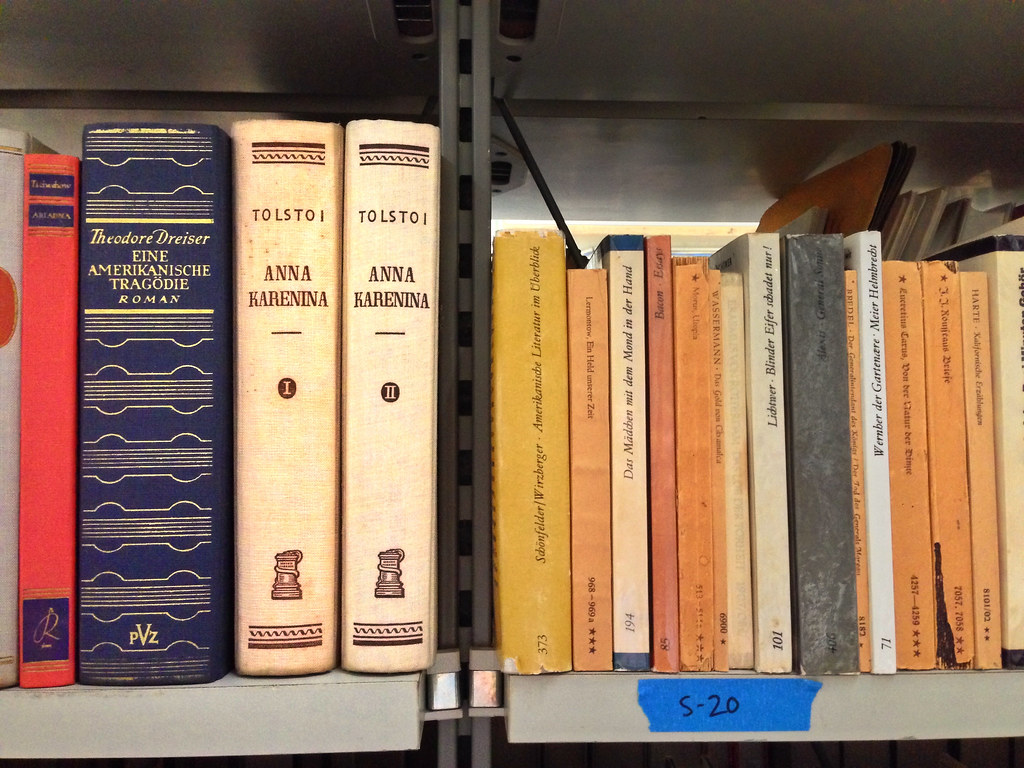
In this case, the transgressive nature of adultery is presented as a struggle between the obligations of marriage and the passion of love. Anna’s adultery can be seen as a rebellion against the traditional expectations of society and her personal desires.
The theme of transgression is also evident in Nathaniel Hawthorne’s novel, The Scarlet Letter. The novel follows the story of Hester Prynne, an adulteress who is publicly shamed for her act of infidelity.
While it is clear that her act is a transgression against the expectations of society, Hawthorne also presents it as an act of courage and defiance. This representation of adultery as an act of strength reflects its transgressive nature.
Adultery is also explored in poetry, such as Alfred Lord Tennyson’s “Mariana” and “The Lady of Shalott”, W.B. Yeats' “Leda and the Swan”, and Allen Ginsberg's “Junkman's Obbligato”. These poems explore the idea of adultery as an act of transgression in different ways.
In “Mariana”, for example, Tennyson depicts adultery as an act of rebellion against oppressive conventions. In contrast, Yeats' poem “Leda and the Swan” presents adultery as a transgression against the expectations of faithfulness. Similarly, Ginsberg's “Junkman's Obbligato” presents adultery as a transgressive act of power.
Adultery is also explored in more modern works, such as Gustave Flaubert’s Madame Bovary, F. Scott Fitzgerald’s The Great Gatsby, and Vladimir Nabokov’s Lolita. These texts explore the idea of adultery as a transgression of social conventions in different ways. In Madame Bovary, for instance, the act of adultery is presented as an act of escape from an oppressive marriage. Similarly, in The Great Gatsby, adultery is used to explore the consequences of moral corruption. Meanwhile, Lolita presents adultery as an act of transgression against societal expectations of innocence.
The transgressive nature of adultery in literature is an important theme that has been explored in a range of texts.
From Shakespeare to Flaubert to Fitzgerald, these authors have used adultery as a tool to explore the conflict between social conventions and personal desires. Adultery in literature is always portrayed as a transgressive act, oftentimes as a symbol of strength and courage.
Consequences of Adultery in Literature
Adultery has been a popular theme in literature for centuries, with writers exploring its impact on characters and readers alike. Most often, the consequences of adultery are devastating for characters and their relationships, as well as for readers.
From feelings of guilt and shame to the destruction of relationships, infidelity can leave a lasting impression on both characters and readers.
In Shakespeare’s Macbeth, Lady Macbeth suffers from a deep sense of guilt and regret after she manipulates her husband into murdering the King of Scotland. Lady Macbeth’s guilt and shame is intense, and her actions drive her to her eventual madness. Similarly, in Tolstoy’s Anna Karenina, the title character experiences intense guilt and emotional turmoil after she has an affair with Count Vronsky. The affair leads to her costly decision to leave her husband and family, and eventually leads to her suicide.
In The Scarlet Letter by Nathaniel Hawthorne, Hester Prynne also experiences intense guilt and shame for her adulterous behavior. She is shunned by her Puritan community and forced to wear a scarlet letter “A” on her dress as a marker of her guilt. Hester is also ostracized from the community, and her daughter suffers due to her mother’s actions.
In Madame Bovary by Gustave Flaubert, Emma Bovary’s affair with Rodolphe has destructive consequences for her marriage and her life. Emma’s choices ultimately lead to her financial and emotional ruin, and readers can’t help but pity her as her situation deteriorates.
Similarly, in The Great Gatsby by F. Scott Fitzgerald, Jay Gatsby’s affair with Daisy Buchanan ends in tragedy as Gatsby is fatally shot and Daisy is forced to continue living her life without him.
In Vladimir Nabokov’s Lolita, the consequences of Humbert’s morally ambiguous relationship with Lolita is explored in detail.
Though Lolita and Humbert eventually part ways, readers cannot help but feel a sense of sadness for Lolita and her lost innocence.
The consequences of adultery in literature often lead to feelings of guilt and shame for characters and readers alike.
While the outcomes of each story differ, the destructive force of infidelity is a constant theme in these texts. From Lady Macbeth to Jay Gatsby, readers are faced with characters whose decisions have dire consequences, and this allows us to explore the complexities of adultery in literature.
Impact of Infidelity on the Reader
Infidelity in literature can have a powerful impact on the reader. It can elicit a range of emotions, from shock to sadness and even pity.
While some readers may sympathize with the adulterous characters, others may find it difficult to empathize with them.
Depending on the texts, the characters involved, and the perspective, readers often form different connections with the stories.
In some cases, readers may feel sympathetic towards the characters, even if the infidelity is morally wrong. This is often the case with Lady Macbeth from Shakespeare’s Macbeth. Lady Macbeth is portrayed as a strong woman who is capable of manipulating her husband into committing a great crime. Despite her actions, readers may still sympathize with her, as her ambition is admirable, and her downfall is tragic.
In other cases, readers may have difficulty empathizing with the characters. This is often the case with Anna Karenina from Tolstoy’s Anna Karenina. Anna is a complex character who is married to a cold and unfaithful husband, and she falls in love with a man who she cannot be with openly. Readers may feel sympathy for Anna’s situation, but may also struggle to understand her choices and actions.
The reactions of readers to adultery in literature may also depend on the narrative structure. For example, readers may feel more sympathetic towards Hester Prynne in The Scarlet Letter by Nathaniel Hawthorne.
Despite her adultery, she is portrayed as a strong and compassionate woman who is willing to take the blame for her actions. In contrast, readers may feel less sympathetic towards the characters in Madame Bovary by Gustave Flaubert. Here, the characters are portrayed as shallow and selfish, and the consequences of their actions are explored in great detail.
The impact of infidelity on the reader may also depend on the genre of the text. In Alfred Lord Tennyson’s poem “Mariana”, readers may feel sorrowful for the protagonist, who is suffering from unrequited love.
In W.B. Yeats’ poem “Leda and the Swan”, readers may feel a sense of powerlessness in the face of the protagonist’s seduction. And in Allen Ginsberg’s poem “Junkman’s Obbligato”, readers may feel shocked by the narrator’s acceptance of infidelity.
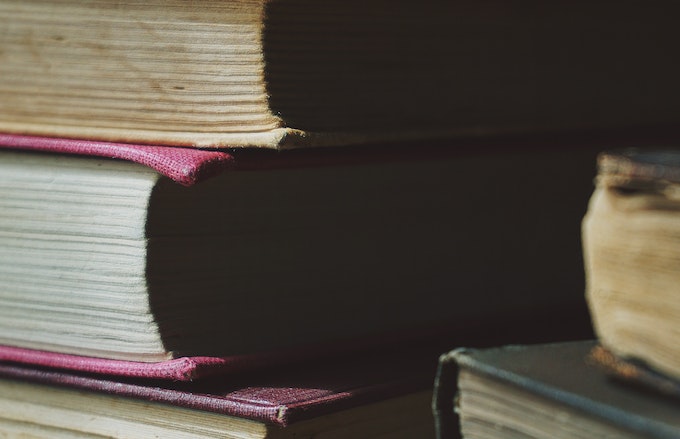
Adultery in literature can evoke a range of emotions in readers, from sympathy to empathy. Depending on the texts, characters, and narrative structure, readers may identify with the characters in different ways.
In addition, the genre of the text can also influence the reactions that readers have to adultery, prompting readers to reflect on their own feelings towards infidelity.
Conclusion
Adultery is a fascinating yet controversial literary theme, as it often leads to intense confrontations, moral dilemmas, and unexpected plot shifts.
From Shakespeare’s Lady Macbeth to Flaubert’s Emma Bovary, some of literature’s most iconic characters have involved themselves in adulterous affairs. These tales have not only tantalized readers, but have also served as cautionary tales about the destructive power of infidelity.
Poets such as Alfred Lord Tennyson, W.B. Yeats, and Allen Ginsberg have explored the theme of adultery through their works, and it has also been a prominent theme in modern literature, with works such as The Great Gatsby, Lolita, and Madame Bovary.
The transgressive nature of adultery in literature is often a source of fascination for readers, as it explores themes of guilt, shame, and moral dilemmas in ways that can be deeply affecting. Some readers may sympathize with characters who have strayed, while others may feel judgmental of those who have betrayed their partners.
No matter the angle, though, it’s clear that infidelity in literature has had a powerful impact on readers, as it allows us to explore these themes from a safe distance.
In conclusion, the theme of adultery in literature has provided some of literature’s most compelling characters and stories, and has allowed readers to explore the moral dilemmas of infidelity in a meaningful way.
From Lady Macbeth’s scheming plans to Anna Karenina’s tragic death, infidelity has been explored in a variety of ways throughout the annals of literature. Through these stories, we can come to understand more about the consequences of infidelity, and how our own reactions to it can be affected.
Adultery in literature can be thought-provoking and uncomfortable, but it can also be used to promote further understanding and empathy among readers.
